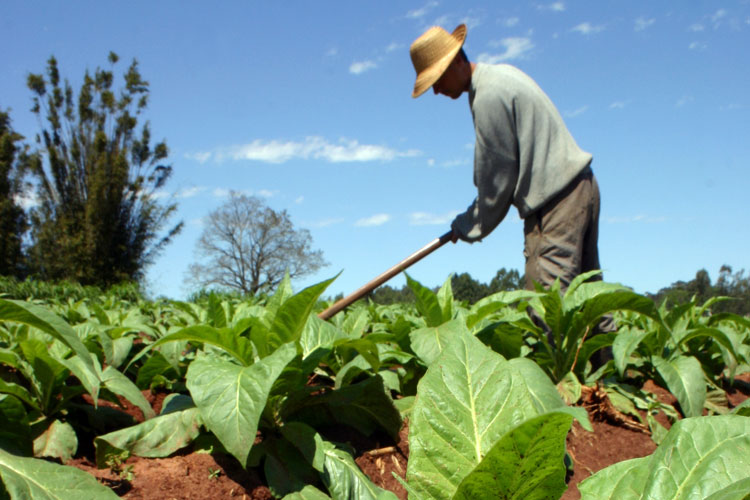
Brazil has charged a tobacco exporter with using slave labor, reports Reuters. The case comes after labor inspectors found nine workers, including children, living in poor condition on a farm in Venancio Aires, Rio Grande do Sul. The workers were allegedly paid less than a third of Brazil’s minimum wage. They also lacked protective gear, leaving them exposed to high concentrations of nicotine.
The tobacco exporter countered that the farm’s owner was responsible for hiring. The company said it conducts its operations in accordance with Brazilian legislation and has programs to fight child labor.
Under Brazil’s integrated tobacco production system, exporters provide credit, seeds and equipment to leaf growers in exchange for exclusive rights to the farm output. Production contracts allow merchants to audit the farm and dictate how to develop the crops. Labor inspectors insists this degree of control makes companies responsible for the working conditions at the farms they contract.
“The industry’s current position of not being responsible for the illegal exploitation of the workforce … has to be faced,” said labor inspector Leandro Vagliati. “The companies have to be called to account,”
Brazil’s definition of slavery includes not only as forced labor but also as debt bondage, degrading work conditions, long hours that pose a risk to health and any work that violates human dignity.
Since its creation in 1995, Brazil’s anti-slavery taskforce has found more than 55,000 people in slavery-like conditions.
If found guilty of using slave labor after a government review, the accused tobacco exporter could be added to Brazil’s “dirty list” of companies that have engaged in slave labor.
Companies remain on the list for two years and are barred during that period from receiving state loans. The list is also used by international buyers concerned about supply chains.










